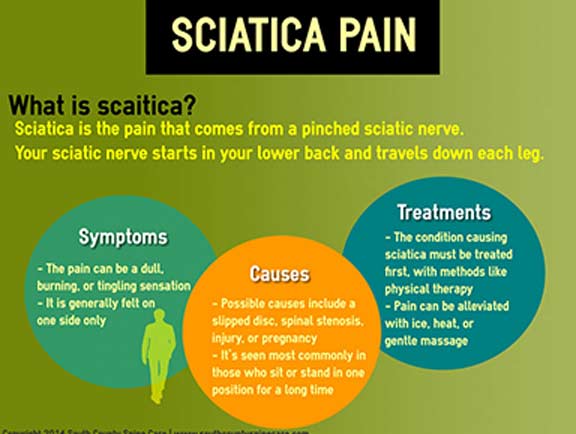The Influence Of Diet Plan On Back Pain Administration: Foods To Integrate And Foods To Leave Out
The Influence Of Diet Plan On Back Pain Administration: Foods To Integrate And Foods To Leave Out
Blog Article
Posted By-Cochrane Wheeler
When it pertains to managing your neck and back pain, the food choices you make can significantly impact just how you feel daily. Think of being able to reduce your pain simply by adjusting what you eat. By understanding the duty of nourishment in neck and back pain monitoring and recognizing which foods to include or steer clear of, you can take aggressive steps towards a much healthier and a lot more comfy lifestyle. The link in between nutrition and back health is much more profound than you might understand-- allow's check out just how particular foods can either relieve or aggravate your neck and back pain.
Relevance of Nourishment in Neck And Back Pain
Nutrition plays an essential duty in handling pain in the back. Your diet plan can substantially influence inflammation levels and overall discomfort degrees in your back. Eating a well balanced diet regimen abundant in nutrients like vitamins D and K, calcium, magnesium, and omega-3 fats can help in reducing inflammation and reinforce bones, which are necessary for back wellness.
Additionally, keeping a healthy and balanced weight with proper nourishment can minimize tension on your spinal column, lowering the danger of back pain.
In addition, particular nutrients like anti-oxidants discovered in vegetables and fruits can help deal with oxidative tension and promote healing in the body, consisting of the back muscle mass and back.
On the other hand, eating excessive quantities of refined foods, sweet drinks, and harmful fats can add to swelling and weight gain, intensifying neck and back pain.
Foods to Consume for Back Wellness
To sustain a healthy back, integrating nutrient-rich foods into your day-to-day meals is vital. Consisting of foods high in antioxidants like berries, spinach, and kale can help reduce swelling in your back, easing pain and discomfort. Omega-3 fatty acids located in fatty fish such as salmon and mackerel have anti-inflammatory buildings that can benefit your back wellness.
Furthermore, eating nuts and seeds like almonds, walnuts, and chia seeds provides necessary nutrients like magnesium and vitamin E, which sustain muscle mass feature and lower oxidative stress and anxiety. Incorporating lean proteins such as chicken, turkey, and tofu can aid in muscular tissue repair work and upkeep, promoting a strong back.
Don't fail to remember to include dairy or strengthened plant-based choices for calcium to sustain bone health and wellness. Lastly, moisturize with plenty of water to keep your spinal discs moisturized and functioning efficiently. By including lower spine -dense foods in your diet plan, you can nurture your back and assistance general spinal health and wellness.
Foods to Avoid for Neck And Back Pain
Choose staying clear of processed foods high in sugarcoated and trans fats when seeking remedy for back pain. These kinds of foods can contribute to inflammation in the body, which may intensify neck and back pain. Say no to sweet snacks like candy, pastries, and sweet beverages, along with junk food things like burgers, fries, and fried chicken that are commonly loaded with trans fats.
In addition, steer clear of foods having high levels of polished carbohydrates, such as white bread, pasta, and pastries, as they can surge blood sugar degrees and potentially intensify inflammation in the body.
It's also a good idea to restrict your consumption of foods high in saturated fats, like red meat and full-fat dairy products, as they can contribute to inflammation. Refined foods like deli meats, chips, and packaged snacks are usually high in hydrogenated fats and must be eaten in small amounts.
Verdict
In conclusion, focusing on your diet and making wise food options can have a significant influence on managing pain in the back. By including nutrient-rich foods like berries, fatty fish, nuts, and lean proteins, and avoiding processed and sugary items, you can help in reducing swelling and support in general back health. Remember, what you consume plays an important function in how you really feel, so make certain to prioritize your nutrition for a healthier back.
